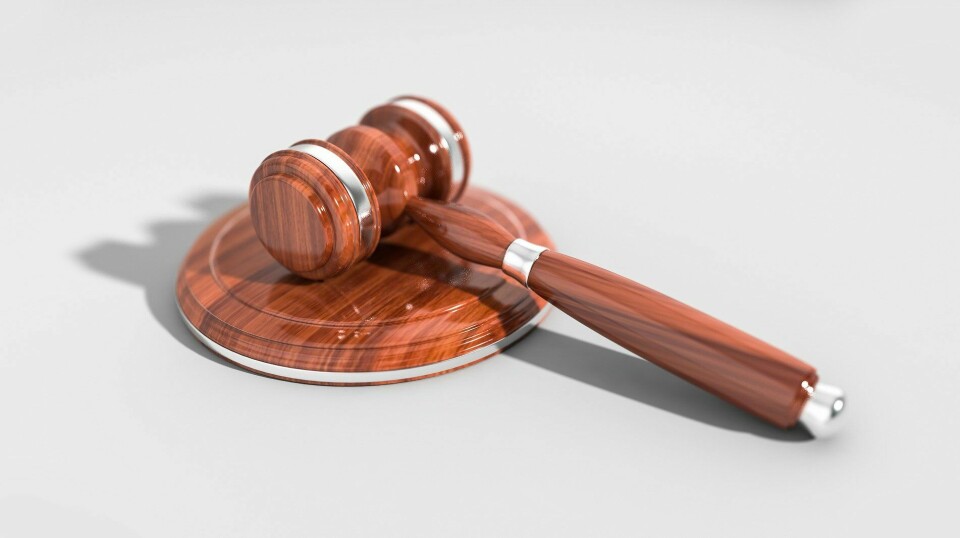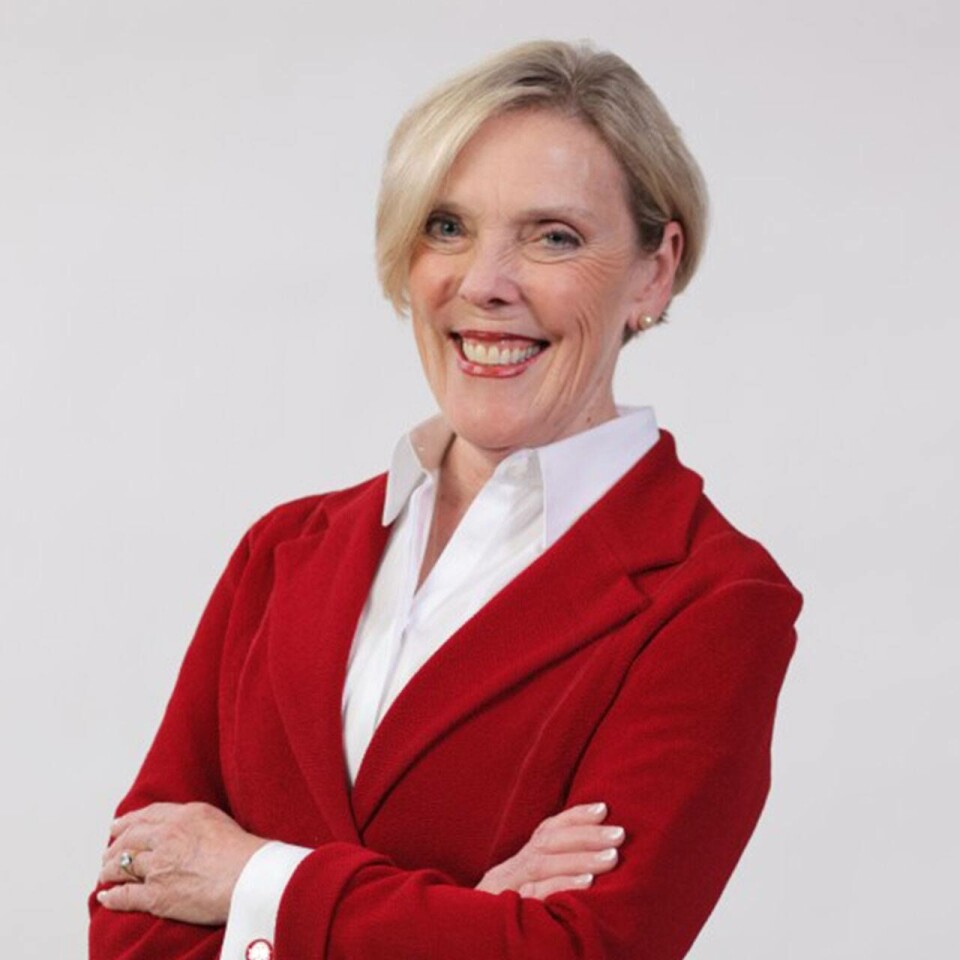
Court ruling is just first step for Washington State fish farmers
Aquaculture sector may have to wait for election before seeing real progress
A court ruling that elected official Hilary Franz’s 2022 ban on open net fish farming in the US state of Washington does not make the practice illegal has been welcomed by aquaculture advocates.
But the ruling is not a green light for companies hoping to begin or re-start fish farming in the state.
In a case brought by the Jamestown S’Klallam Tribe and Northwest Aquaculture Alliance (NWAA) against the Washington Department of Natural Resources (DNR), Thurston County Superior Court Judge Indu Thomas ruled last week that public lands commissioner Franz’s order made in November last year was simply an internal directive to begin the rulemaking process regarding commercial net pens in state aquatic lands.
“When NWAA intervened in the Jamestown S’Klallam complaint, we had hoped the Court would find that Commissioner Franz overstepped her authority in banning commercial net pens in state-owned aquatic lands,” said the organisation’s executive director Jeanne McKnight.

“Instead, we got the next best thing: clarification that what looked to the entire aquaculture sector as a de facto ban on commercial net pens in Washington is not a ban at all - just hyperbole on the part of a politically motivated agency head who is now running to be the next Washington governor.
Chilling effect
“While we are grateful for the clarification by the Court, the fact remains that the public statements by Commissioner Franz had a chilling effect on the entire aquaculture sector, caused by the climate of uncertainty from DNR’s public condemnation of one of the world’s most sustainable methods of food production.”
The fact also remains that Franz will be public lands commissioner for another year and, given her past opposition to open net pen fish farming, is likely to block any applications for new farm leases.
There are currently seven people who have declared their intent to stand for election as public lands commissioner: two Republicans and five Democrats. Primary elections will be held on August 6 next year to decide who will be the candidate for each party, and a general election will be held on November 5, 2024, to decide who will be commissioner.
Aiming for the top
Franz, who is serving her second term as public lands commissioner, is foregoing an attempt to win a third term in order to run for governor. She is one of 11 candidates who have so far joined the race. The deadline for filing candidacy applications for public lands commissioner and for governor is May 17, 2024.
In June, a report in the Washington State Standard said that polling indicated Franz had a lot of work to do winning over voters if she wanted to be competitive against Democrat frontrunner, Attorney General Bob Ferguson, who had 25% support. Franz had 9%.
McKnight said the NWWA would be concentrating on the race for public lands commissioner, which is shaping up to be pretty competitive, with conservative, moderate, and far-left candidates.
Ignored local RAS experts
She added that the NWWA found it disturbing that, when contemplating land-based aquaculture, Franz turned to a company from Nova Scotia rather than looking “in her own back yard”, where InnovaSea has an office on Bainbridge Island, and operates InnovaLand for recirculating aquaculture systems (RAS) but was never contacted.
“We also find it curious that, having met with her and her staff on several occasions (pre-Covid), DNR never once turned to NWAA to seek consensus in a plan going forward for fish farming/aquaculture in this state,” said McKinght.
“By aligning with the Wild Fish Conservancy, she has cast her lot with an organisation that has sued NOAA (US National Oceanic and Atmospheric Administration), the Washington Department of Fish & Wildlife, the Southeast Alaska Trollers Association and publicly has gone on record seeking to do away with hatcheries altogether.”

























































